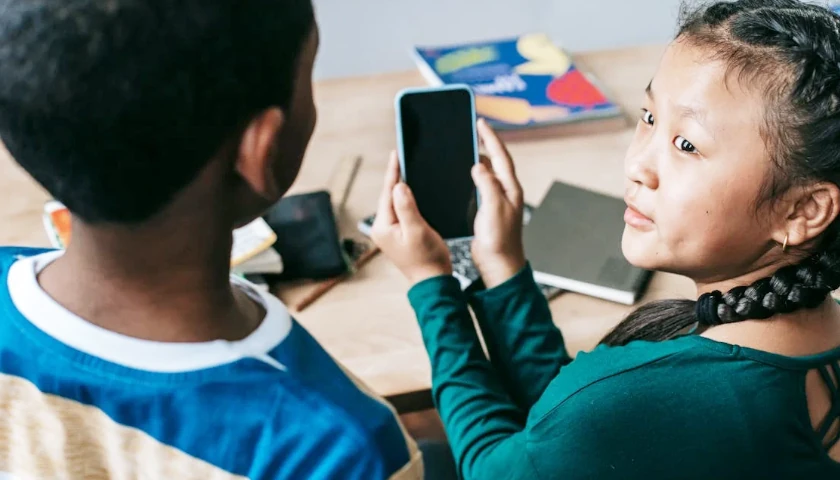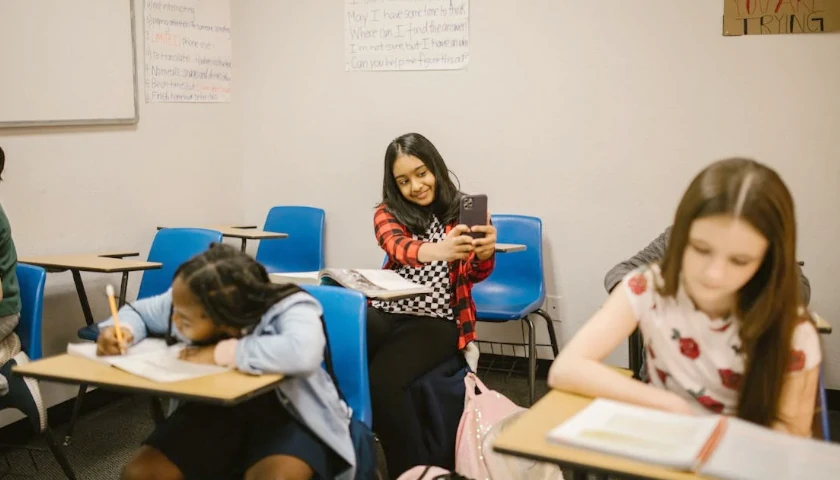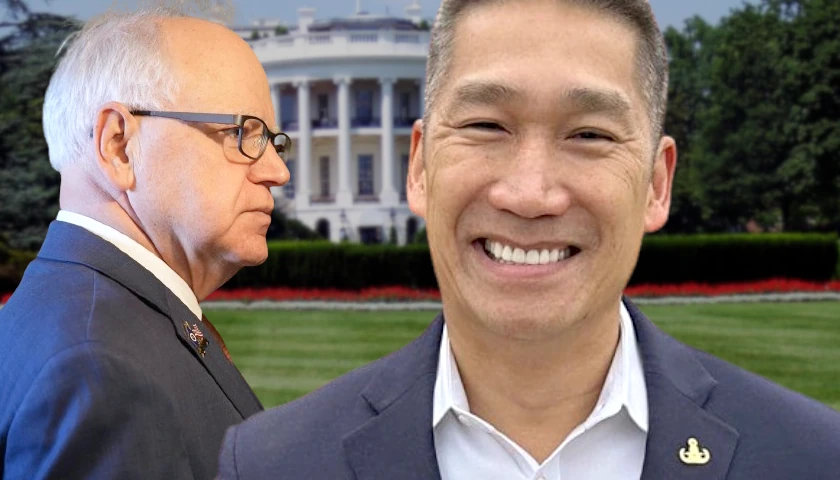by Charlotte Hazard
Mental health has been widely discussed in the public sphere over the past few years, specifically how technology may play a role in it particularly for young people.
Recently, districts in different states have been implementing restrictions and bans on cell phones in schools in order to tackle the mental health crisis rising among teenagers and young adults.
According to the National Institute of Health, almost 20% of individuals in the age range of three to 17 have a a mental, emotional, developmental or behavioral disorder. Suicide rates among high school students have increased 40% in the decade before 2019.
In June, the Los Angeles Unified School District board voted to ban cell phone usage in schools, according to local media.
“When coupled with social media, phones are a harmful vehicle that negatively impacts young people,” Alberto Carvalho, the superintendent of LAUSD said.
Board member Tanya Ortiz Franklin said that this step would allow students to interact with each other more and have a more positive school community.
The Washington Post reports that other districts that are doing bans or restrictions include those in Nevada, South Carolina, Florida, Indiana and Virginia.
New York City Schools Chancellor David Banks has come out and said parents, teachers and administrators have been requesting a cell phone ban as distractions and other issues continue to increase.
Studies have shown that young people and teenagers being on cell phones constantly is a detriment to their mental health. In 2012, individuals who owned a smart phone increased 50% just as teen suicide and depression began to rise.
“We found that teens who spent five or more hours a day online were 71 percent more likely than those who spent less than an hour a day to have at least one suicide risk factor (depression, thinking about suicide, making a suicide plan or attempting suicide). Overall, suicide risk factors rose significantly after two or more hours a day of time online,” psychologist Jean Twenge wrote in a 2017 study.
In 2023, Sen. Tom Cotton, R-Ar., and Sen. Tim Kaine, D-Va., introduced legislation that would study the long-term effects of cell phones in schools.
“Widespread use of cellphones in schools are at best a distraction for young Americans; at worst, they expose schoolchildren to content that is harmful and addictive. Our legislation will make schools remain centers of learning,” Cotton said in a joint statement with Kaine.
Teachers around the U.S. have come out and said that cell phones, instead of being used for learning was being used as a distraction, whether that be gaming or social media.
While many schools do have rules about cell phones in schools such students having to keep them in backpacks, many of the rules have been ineffective.
A group called the Phone-Free Schools Movement advocates for children to be free to learn without the distraction of technology.
“If the bookbag is on the floor next to them, it’s buzzing and distracting, and they have the temptation to want to check it,” said Kim Whitman, founder of the group in an interview with Fox 4.
– – –
Charlotte Hazard is a reporter for Just the News.





